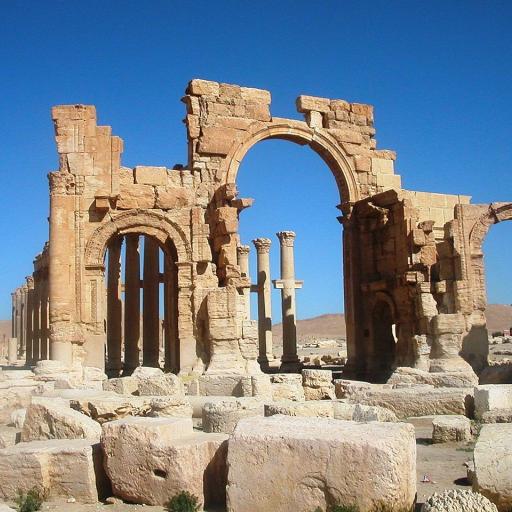From the earliest stages of writing in Mesopotamia in the late fourth millennium BCE, the need to share information went hand in hand with concerns about data security. Clay tablets bearing cuneiform text were incised, imprinted, encased, wrapped, copied and otherwise manipulated in order to validate them and to protect them from forgery and unwanted access. Text-based scholarship has traditionally focused on the information that ancient scribes conveyed through writing—bookkeeping, rituals, literature, correspondence, etc.—yielding invaluable insights into Mesopotamia's legacy as the ‘cradle of civilization’. However, the material, cognitive, technological, and social processes of data control that accompanied the written text since the dawn of history require a research strategy that goes far beyond traditional text analysis.
In order to study Mesopotamia’s ancient communication system in all its aspects, we created a new multidisciplinary research community consisting of historians, archaeologists, linguists, epigraphists, geo-scientists, computer scientists and experts from the social, cognitive and applied sciences.

The advances that we envisage by setting up this multidisciplinary team are far from unidirectional and surpass the historical question of data protection in ancient Mesopotamia. The proposed investigation into cuneiform tablets offers a valuable case study for testing and evaluating in a scientific way newly developed techniques and algorithms for (virtual) modelling of geomaterials and man-made objects. Besides, our research on Mesopotamia’s ancient communication systems will be based on the physical study of clay tablets. Modern measuring techniques, state of the art imaging and image analysis techniques, advanced soil mechanics models, and last but not least, fast-developing pattern recognition algorithms will require a concerted effort, to unveil the secrets of data security in ancient Mesopotamia.
A Lorentz workshop offers the ideal setting to build this network and to formulate a common research agenda. We consider this workshop as the exploratory phase of a new consortium that will be consolidated through further action in the future. The workshop’s key objectives, then, will be twofold: community-building and agenda-setting. The workshop’s overarching goal is the consolidation of a new multidisciplinary consortium, with a clear goal and concrete strategy for future fund-raising, public engagement and science communication.
The exact schedule and agenda of the workshop will be published soon.
We thank the Netherlands Institute for Advanced Study in the Humanities and Social Sciences and the Lorentz Centre for providing the means and opportunity to organize this workshop.

